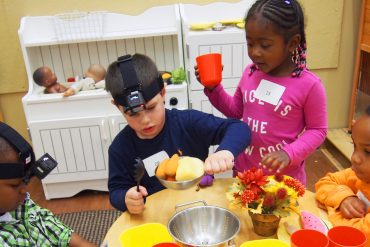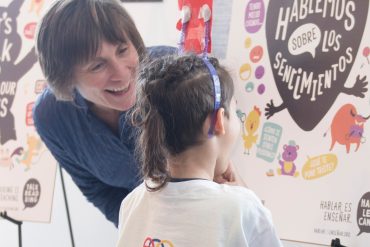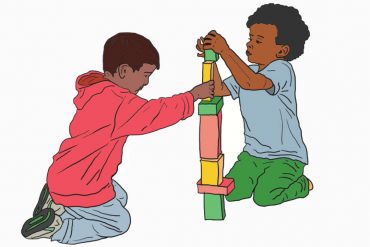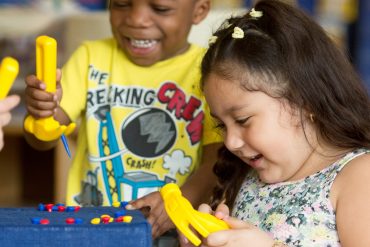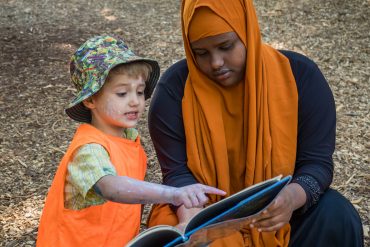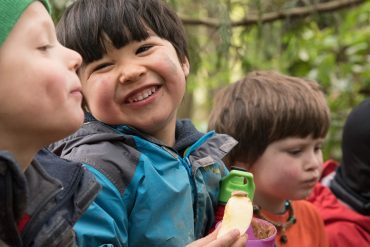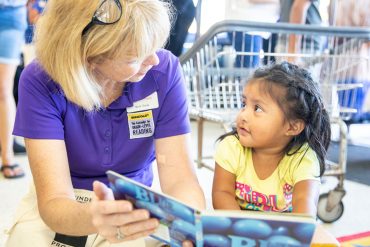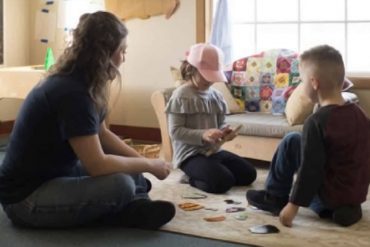Most U.S. schoolchildren know more about the Amazon rain forest than the ground beneath their feet and more about penguins...
GoPro cameras are all the rage with skateboarders and other extreme athletes who want to capture their exploits for YouTube....
When the Onondaga Citizens League saw that only 9% of the students in the Syracuse City School District were reading...
Last November, voters in and around Grand Rapids, Michigan’s second-largest city (population 200,000), made Kent County the first county in Michigan to approve a referendum that raises property taxes specifically for early childhood.
Researchers presenting at the recent 2019 Zero to Three conference detailed a program that studies have found effective in treating...
Did you hear the one about the marine biologist who walked into a neuroscience lab? The University of Washington’s Institute...
What would happen if we prioritized children’s potential? That’s the question implicitly asked and explicitly answered in the recent paper...
The children attending Tiny Trees Preschool classrooms in Seattle and King County parks may look like they’re “just playing,” but those little boots are actually marching, climbing, stomping and squishing their way to a well-rounded preschool education.
Throughout most of human history and in most of the world, that paradigm of children playing outdoors as a part of childhood has been so integral as to be transparent. Not so in the U.S., where, according to the Child Mind Institute, the average American child spends four to seven minutes a day in unstructured play outdoors and more than seven hours a day in front of a screen. Washington State is changing that.
Mobilizing Communities So All Children Make the Grade
Pop Up Neighbor events, community, collaboration, mobilization
Even without advance promotion, when word got out that the SuperMatt Laundromat in Sarasota, Florida, was offering free laundry all day, neighborhood residents formed a steady stream of customers.
Not only was laundry-and-all-the-fixings free—a boon to low-income families who can ill afford the $35 to $50 a week they spend trying to keep their kids in clean clothes—the food bank was there with abundant food to restock their pantries.
Best of all, there were books—lots of books—and plenty of volunteers to read to children while the adults did as many loads of laundry as needed. When the children left, books went home with them.
When the Pritzker Children’s Initiative (PCI) launched a first-of-its-kind Prenatal-to-Age Three State Grant Competition late last year, 42 of 45...
Trauma, chaos and unrelenting stress can overwhelm anyone’s ability to nurture. For incarcerated parents, these hardships often have been a...



